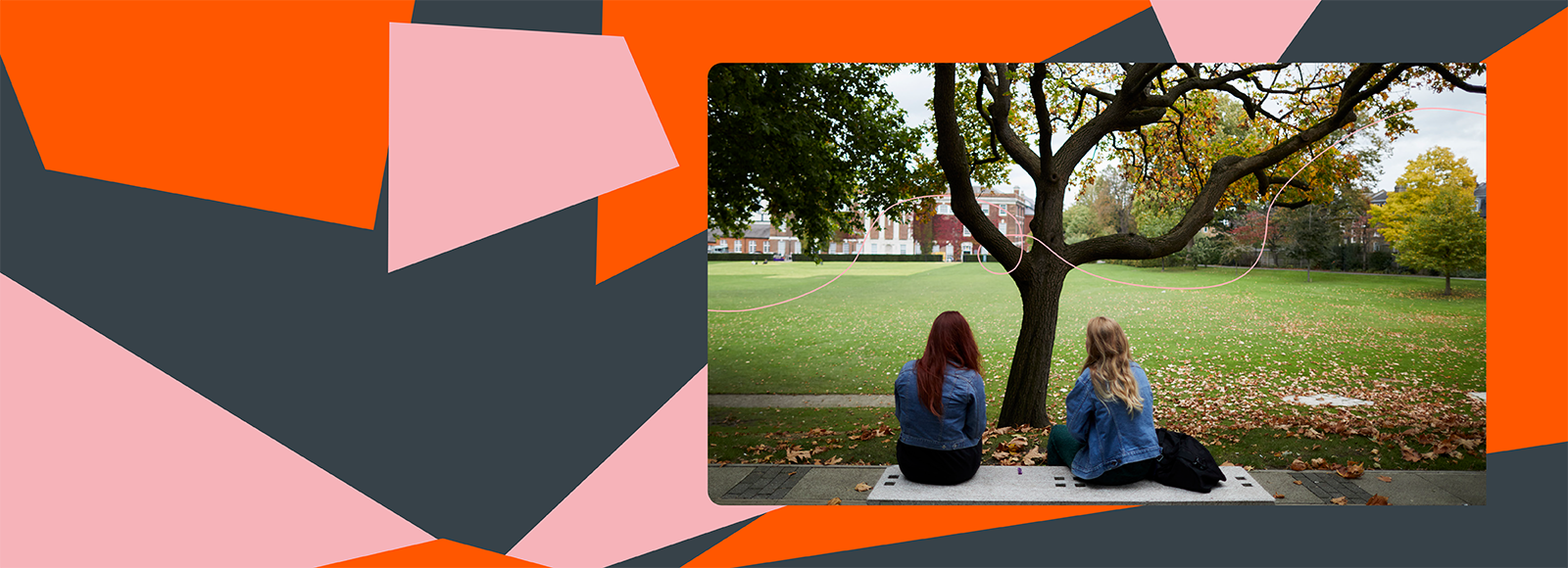- ...
Postgraduate Studentships - Search for funding opportunities.
The MSc Psychology of the Arts, Neuroaesthetics and Creativity is the first postgraduate programme in the world for the scientific study of aesthetics and creativity.
At the intersection of the arts and the sciences, the programme introduces you to the psychology and the cognitive neuroscience of how humans generate new ideas, how we appreciate beauty, and how we form preferences.
Aesthetic and creative decisions are relevant in the visual and the performing arts, and in many applied and commercial contexts, ranging from clinical interventions to curating exhibitions, from dance choreography to marketing and advertising.
Based in the Department of Psychology, in collaboration with Computing, Media and Communications and the Institute of Management Studies, the course builds critical knowledge, research and communication skills across the arts and the sciences, centred around two key topics: the psychological and brain mechanisms of making (Creativity) and appreciating (Neuroaesthetics) art.
Conducting a research project with an interdisciplinary focus will prepare you for a research career in aesthetic or creative science, working in the creative industry, or to develop your artistic practice.
You should have an undergraduate degree of at least upper second class in Psychology or a related subject (Cognitive Science, Neuroscience) with a research component. However, we explicitly encourage candidates with interdisciplinary and unusual biographies to apply. Applicants with undergraduate degrees in the visual or performing arts, design, humanities, business or other non-scientific subjects will be required to demonstrate sufficient background knowledge and experience with psychological or cognitive neuroscience approaches, including statistics.
For fees and funding options, please visit website to find out more
Goldsmiths offers a range of financial support including postgraduate scholarships, bursaries and fee waivers. These are awarded based on a variety of criteria, for example academic achievements or personal circumstances.
As a graduate of this course, you will be especially suitable for a career in advertising (planning and strategy), curating or arts management. Neuroscientific methods and theories of aesthetic or creative science are not normally taught in other courses on, for example, consumer psychology, arts management, curating or arts-based therapy. Based on the combination of scientific methods with interdisciplinary knowledge in aesthetic and creative practice, you will have a unique advantage in applying for jobs at the intersection of the arts and sciences.
Examples include:
Compulsory modules
Option modules
You will also take 30 credits of option modules from the following list.

A melting-pot of ideas, one creative powerhouse One Goldsmiths At Goldsmiths, academic excellence and imaginative course content combine to make a pla...